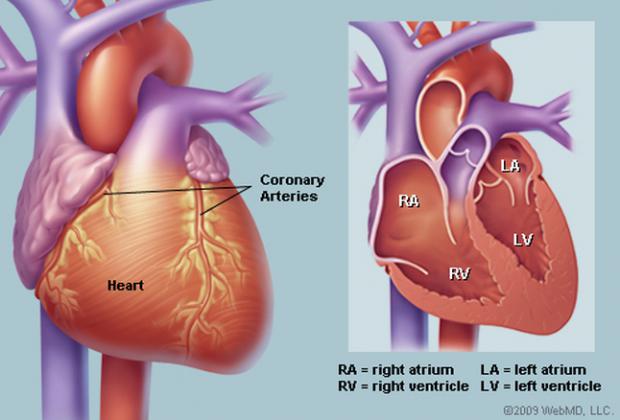
Breaking News
 Israeli Prime Minister, Netanyahu will meet with Trump on Wednesday and deliver instructions...
Israeli Prime Minister, Netanyahu will meet with Trump on Wednesday and deliver instructions...
 Elon Musk Offers To Cover Legal Bills Of Epstein Survivors Who Identify New Names
Elon Musk Offers To Cover Legal Bills Of Epstein Survivors Who Identify New Names
 Red Alert Emergency Broadcast! Tune In NOW As Alex Jones Analyzes The Insane Revelations...
Red Alert Emergency Broadcast! Tune In NOW As Alex Jones Analyzes The Insane Revelations...
 330 gallons of sulphuric acid was purchased for Epstein Island on the day the FBI opened...
330 gallons of sulphuric acid was purchased for Epstein Island on the day the FBI opened...
Top Tech News
 Drone-launching underwater drone hitches a ride on ship and sub hulls
Drone-launching underwater drone hitches a ride on ship and sub hulls
 Humanoid Robots Get "Brains" As Dual-Use Fears Mount
Humanoid Robots Get "Brains" As Dual-Use Fears Mount
 SpaceX Authorized to Increase High Speed Internet Download Speeds 5X Through 2026
SpaceX Authorized to Increase High Speed Internet Download Speeds 5X Through 2026
 Space AI is the Key to the Technological Singularity
Space AI is the Key to the Technological Singularity
 Velocitor X-1 eVTOL could be beating the traffic in just a year
Velocitor X-1 eVTOL could be beating the traffic in just a year
 Starlink smasher? China claims world's best high-powered microwave weapon
Starlink smasher? China claims world's best high-powered microwave weapon
 Wood scraps turn 'useless' desert sand into concrete
Wood scraps turn 'useless' desert sand into concrete
 Let's Do a Detailed Review of Zorin -- Is This Good for Ex-Windows Users?
Let's Do a Detailed Review of Zorin -- Is This Good for Ex-Windows Users?
 The World's First Sodium-Ion Battery EV Is A Winter Range Monster
The World's First Sodium-Ion Battery EV Is A Winter Range Monster
 China's CATL 5C Battery Breakthrough will Make Most Combustion Engine Vehicles OBSOLETE
China's CATL 5C Battery Breakthrough will Make Most Combustion Engine Vehicles OBSOLETE
The protein that can make your heart think you exercise

When it needs to pump more blood, the heart can grow in a good way in response to exercise and pregnancy, but after a heart attack, swelling of the heart muscles can lead to further complications. Now, Canadian scientists have found that a protein called cardiotrophin 1 (CT1) can essentially trick the heart into the good kind of growth, and reduce the bad kind.
Heart failure is a life-threatening condition where the organ can't adequately pump blood around the body, and often the only treatment is a transplant. It can be caused by a heart attack that damages muscles in the left side of the organ, or by pulmonary hypertension, whereby high blood pressure in the lungs damages the right side.



